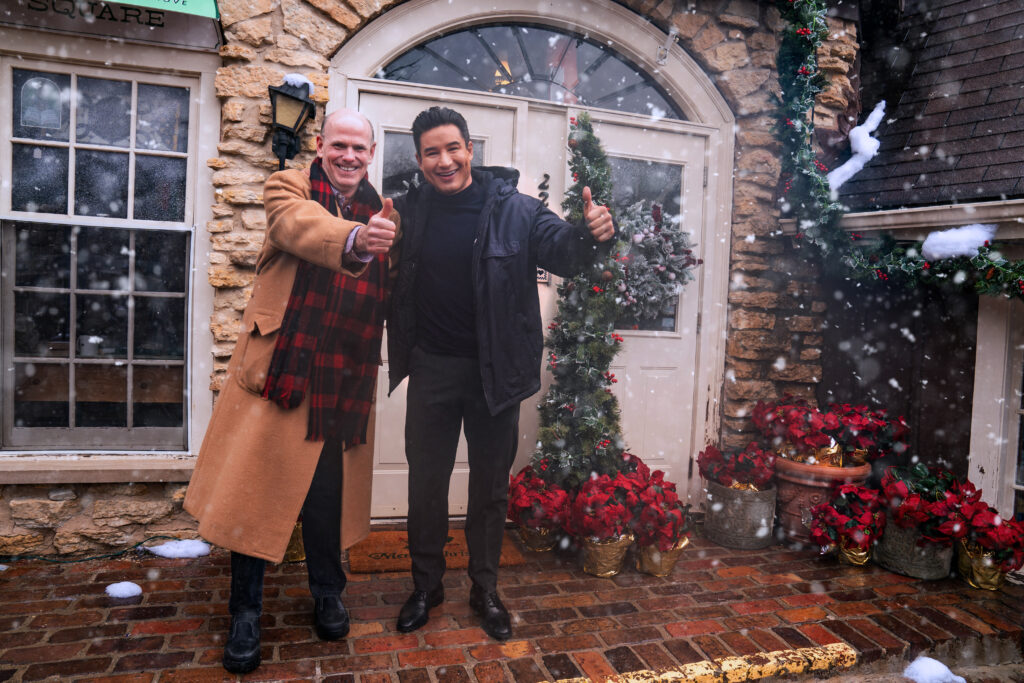Get That to You By Friday!

Thoughts on a Commonly Missed Customer Opportunity
A crucial moment often happens at the end of a sales transaction: As an afterthought, the customer asks, “And when can I have it?”
Before they asked this question, the customer had only a vague idea of when the product or service would be ready. If the date of delivery had been critically important to them, they would have asked earlier. But now, with negotiations almost completed, they want to know when to expect the thing they’re about to buy.
At this point, the customer’s expectations can range wildly, from “in a few days” to weeks down the road or more. What comes next from the seller sets the standard for a good outcome.
If the seller says, “We can get that to you by Friday,” expectations have been set—in concrete. The customer now considers any delivery after Friday as a significant negative. The seller, wanting to impress upfront with a quick delivery, has also removed the opportunity to surprise on the positive side.
It’s common to believe that customers want things immediately. But especially in complex sales, the buyer rarely has an accurate idea of how long delivery should take; therefore, even the initial promise fails to impress. And should the promise be broken, the customer is left with a bitter taste in their mouth.
Under-promise and over deliver is one of the phrases I have used most in my career.
Here is a better tactic I encourage you to share with your own sales organization. When the customer says, “And when can I have it?,” respond with a question: “When do you need it by?” By allowing the customer to set the expectation, you have created two opportunities to generate additional value in the relationship.
First, if the customer says, “I need it in two weeks,” and you know it should be available in one, you can commit to the two weeks and maintain the ability to surprise them on the upside.
Second, if the customer says, “I need it in a couple of days,” you can now educate them on why that can’t be met and explain what exactly you will do to ensure delivery at the earliest opportunity.
In both cases, the customer will feel like you provided a positive experience. It’s for that exact reason that “under-promise and over-deliver” is one of the phrases I have used most in my career. It even showed up in the core values of a previous company I led.
Your sales organization has many hidden opportunities to pleasantly surprise customers, but only one chance to set expectations with buyers. Make it count





